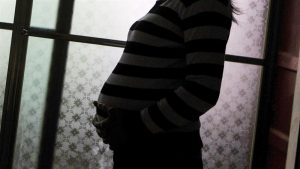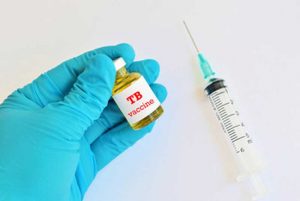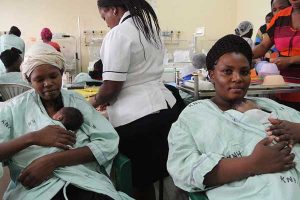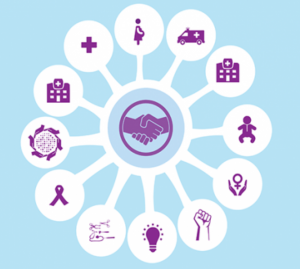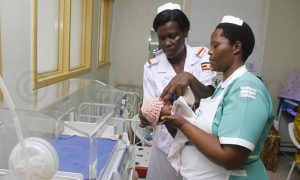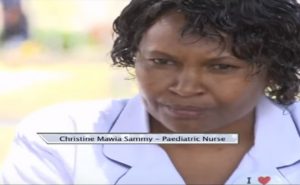To avoid stillbirths, women in Kenya bribe overworked doctors
Nairobi, Kenya – After Anne Khasakalla suffered two stillbirths in 2014 and 2015, she looked for a solution that would provide her with better healthcare. Friends told her that pregnant women in Kenya have to pay bribes to doctors and nurses to escape long queues of mothers waiting to deliver their babies. “During my first … Continued
Newborns’ lives at risk in Nakuru as TB jab gets scarce
Newborns are at risk of contracting Tuberculosis (TB) due to lack of vaccines. The county has been facing a shortage of Bacillus Calmette–Guérin (BCG) vaccines for the past one month. Private hospitals have not been spared because the vaccines are supplied by the national government, through the National Vaccination Programme (NVP). “Newborn babies are at … Continued
The key to saving preterm babies
Having served as a paediatrician for most of my adult life, including over 25 years as a perinatal/neonatal medicine specialist, I know first-hand the joy and anxiety that comes with giving birth. For first-time mothers, especially, even as they eagerly anticipate the birth of their babies, they are scared – of pain, of complications that … Continued
Would you feed your child with another woman’s breast milk?
While wet nursing is not a new phenomenon among Kenyan societies, the concept of pooling milk together in a bank is. Women from religious history would breastfeed the children of other women but this would be directly from the breast. Moses of the Bible times and Prophet Mohammed of the Quran both had wet nurses. … Continued
Donated Human Milk: A Lifesaving Option for Vulnerable Infants
Kenya loses an estimated 39 infants for every 1000 live births, translating to over 50,000 babies who die before their first birthday each year. More than half of these deaths occur in the neonatal period – the first month of life – most often due to complications related to prematurity and low birth weight[1]. Essential … Continued
Health workers saving preterms with simple interventions
A 0.6kg newborn lies peacefully in an incubator at Jinja Regional Referral Hospital. After a routine check from the midwife on duty, all seems well. “It is in good state. I am certain we are going to save this one too,” says the midwife, with fulfilment written on her face. Preterm birth complications according to … Continued
Alarm over pre-term births rise
The national rate of pre-term births has gone up from 7.2 per cent to 9.5 per cent in the last five years, health experts have said. The disturbing scenario, which is raising concerns in the health circles, is further aggravated by the fact that Kenya is among top 15 countries with the highest rate of … Continued
Strength of a Woman: Christine Maweu
Most newborn deaths are preventable, yet Kenya currently has few nurses who are specifically trained in nursing of sick newborns in health facilities. Rural areas are particularly challenged with lack of equipment and personnel, and in such areas committed and passionate professionals are key in reducing infant mortality. In Kitui district hospital, a humble nurse has … Continued
‘Tale of Two Cities’ Widens Worldwide for Children, Study Shows
In two-thirds of the 36 developing countries among the 179 nations surveyed, the poorest urban children are at least twice as likely to die as their wealthier counterparts, according to the report.
Oral Antibiotics Are Found to Save More Infant Lives
“These results should provide a sound basis for policy makers and experts to now empower and train staff at first-level outpatient units and to ensure proper drugs and equipment are available,” said Dr. Steve Wall, an adviser to Save the Children.
